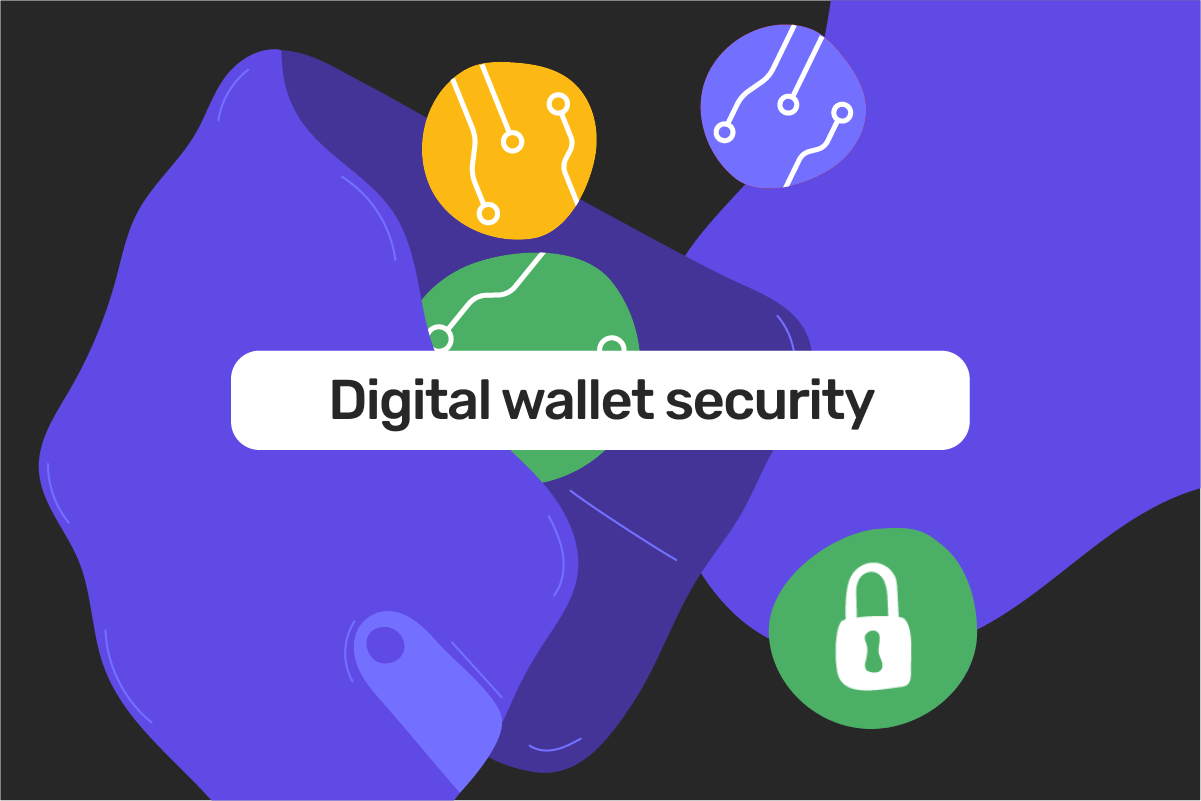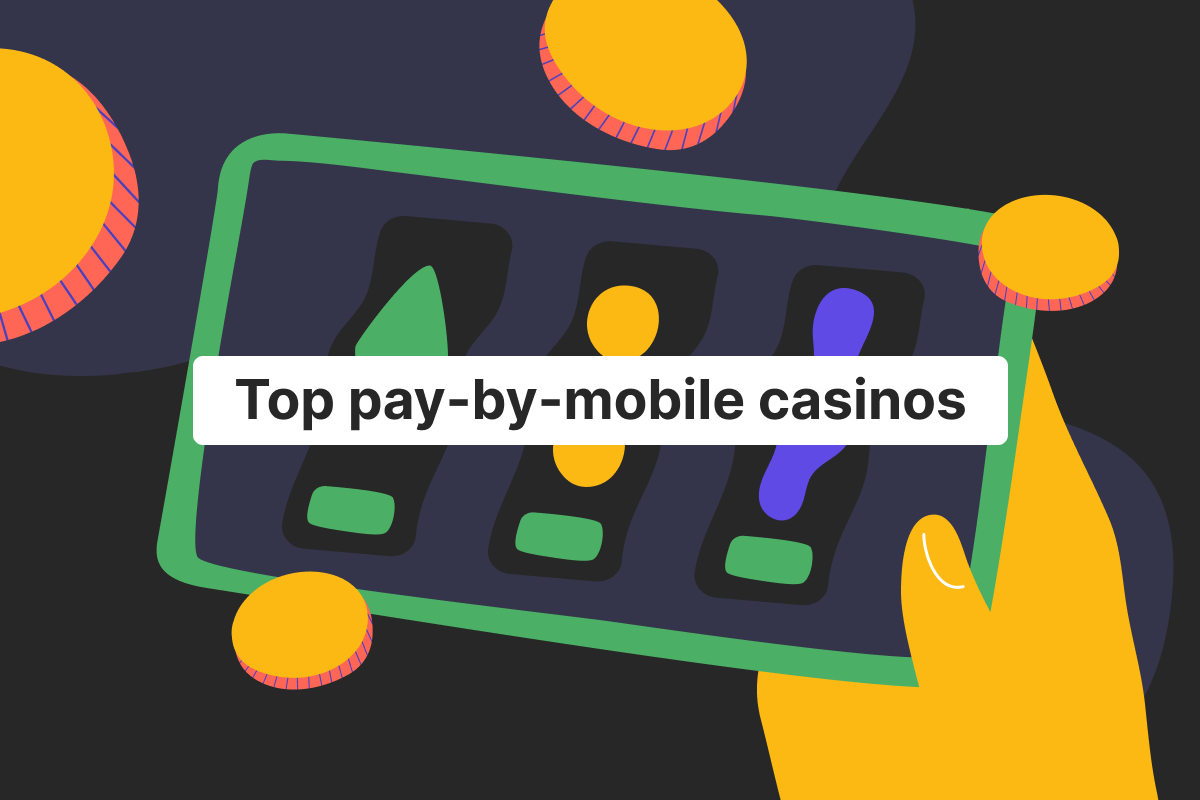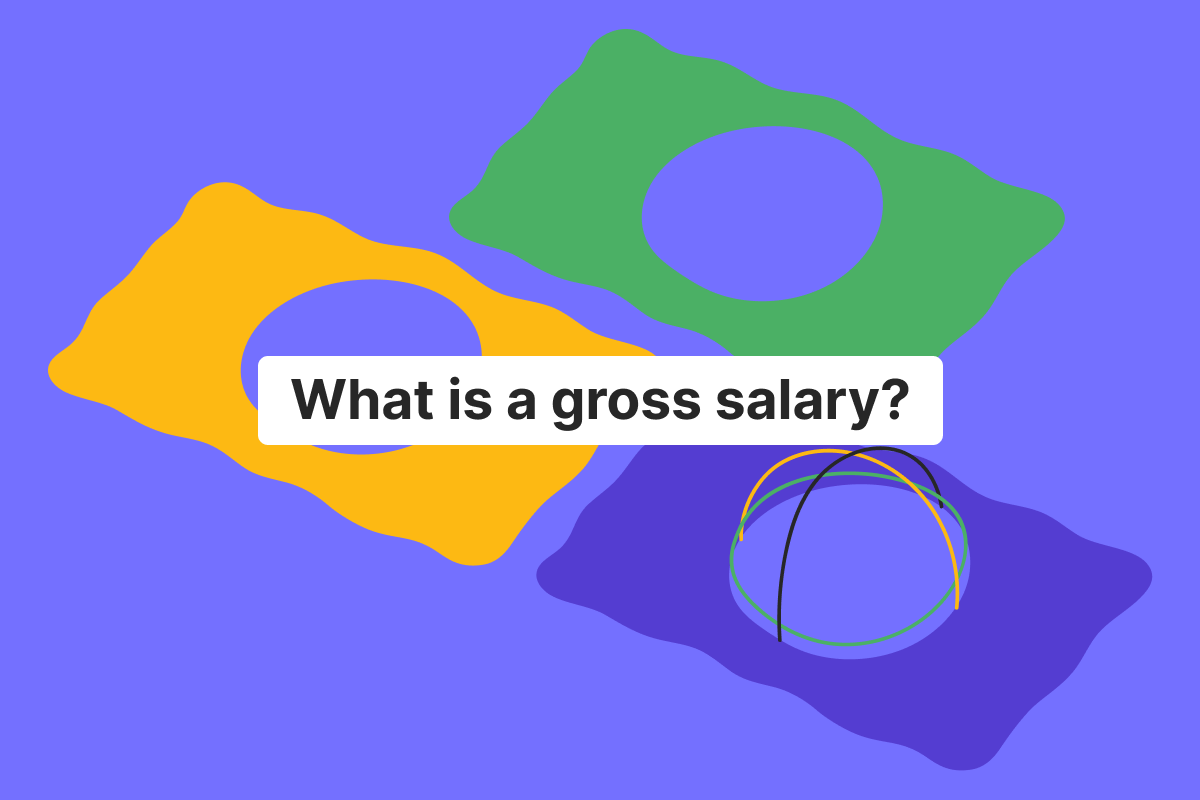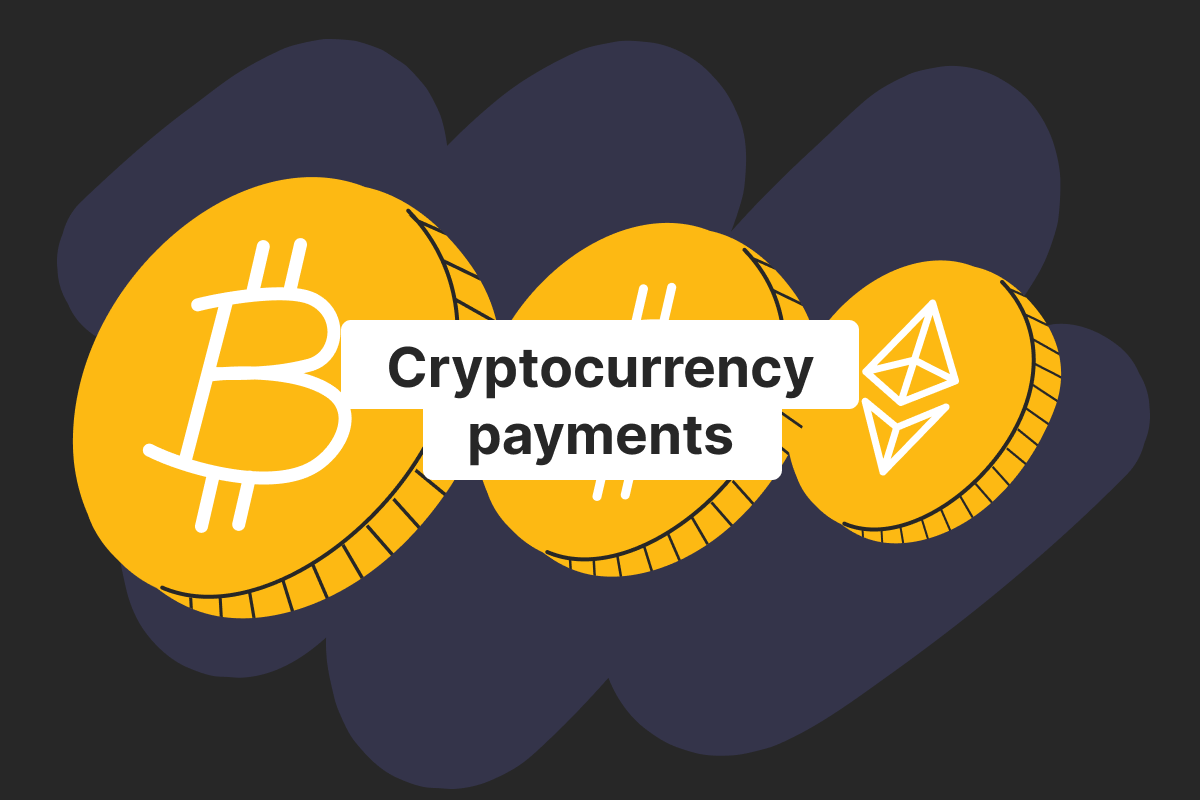Genome Blog / articles / All you need to know about the eWallet security of your business
Dec. 3, 2021
With a gradual shift to online services in all spheres, digital wallets became a breakthrough when it comes to financial services. Undoubtedly, eWallets are not a novelty anymore. Indeed – they became a must for smooth, safe, and, what’s the most significant – quick payments and money transfers.
Genome helps to open personal, merchant, and online business accounts for users in Europe and other countries.
Genome’s digital wallet is functional, easy to operate, and allows you to not only receive and send money but also exchange multiple currencies.
What is an eWallet and how it works
A classic example of eWallets or digital wallets is Google Pay. Apart from bank cards, you can add different coupons and even transport cards for safe usage. With time, eWallets evolved and now each provider brings to the table a whole bunch of numerous features. For instance, with Genome’s personal or online business account, one can exchange funds and make SEPA, IBAN, or internal money transfers in one of the supported currencies. Some digital wallet services enable fast payments between various bank cards.
eWallet security
To send money via a digital wallet, you need to link the cards first. But what about digital wallet security? Is it wise to share card details with a financial services provider? How to make sure that information is protected when making another money transfer?
There’s no need to worry as eWallet security is currently at its highest level and is only increasing with time. Modern technologies are nowadays widely used in the financial sphere. Digital wallets come as mobile or web applications. For both of these options, there are the next levels of protection:
- Data encryption
- 2FA or 3FA (multi-factor authorization)
- Third-party protection
If you send money from an eWallet on your smartphone, you can also add the password/fingerprint/face recognition features as one more level of digital wallet security.
eWallets may seem like a quite complicated technology that stores all the important banking and financial information and grants access to your money. However, strict eWallet security enables protected and easy-to-make payments because all financial details are encrypted within a digital wallet.
FAQ
How secure is eWallet?
In fact, using digital wallets for money transfers is much more safe compared to cash or even bank cards. Both cash and cards can be lost or stolen. The thief can spend all the money available with a bank card by the time you notice the loss. On the contrary, eWallet security is guaranteed by such factors as data encryption (bank cards details, transactions, etc.), 2FA or 3FA (multi-factor authorization), and third-party protection.
What are the security problems of e-wallets?
Digital wallet financial services have improved our lives significantly and made the way for safer and faster payment systems. However, eWallet security can be compromised by the following issues:
- Fraudsters can open eWallets by using somebody’s phone number
- Digital wallet security is closely connected with your smartphone protection. That is, poor connection or malicious software increases the chances of data being stolen from an eWallet application on the same smart device.
- Only a small percentage of all users apply third-party protection to encrypt their information. This step is obligatory if you want to strengthen your digital wallet security.
How can I make my wallet secure?
There’s no need to walk the extra mile and look for some sophisticated or impractical ways to take your eWallet security to the next level. Indeed, you should only use all the options available to you. First of all, protect your smartphone with a PIN/password/fingerprint/face recognition. Secondly, always use a code to open a digital wallet application on a smart device. Thirdly, use 2FA/3FA and third-party protection if possible. Last but not least, don’t share your personal details such as phone number and bank card details with anybody.





